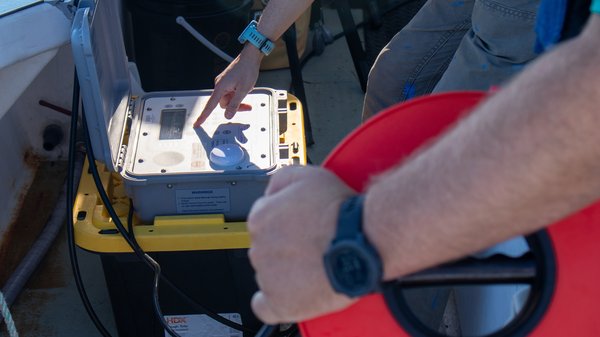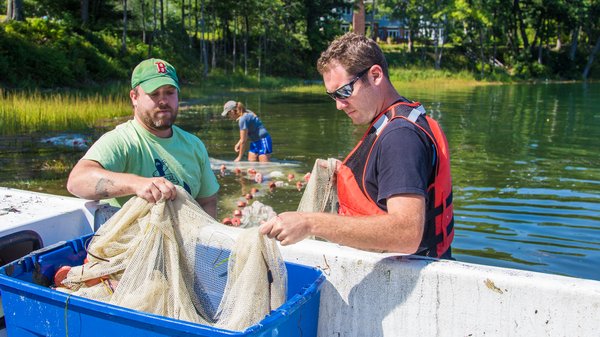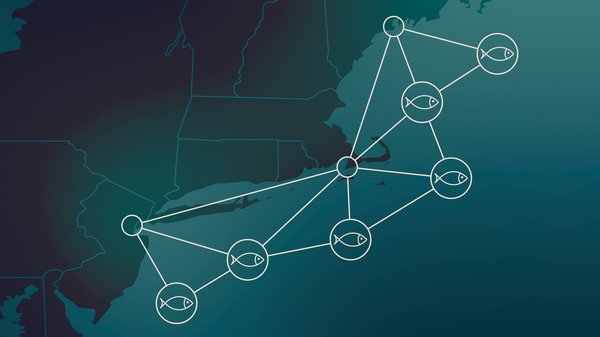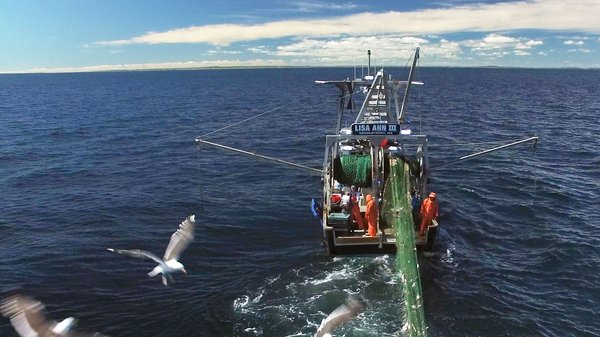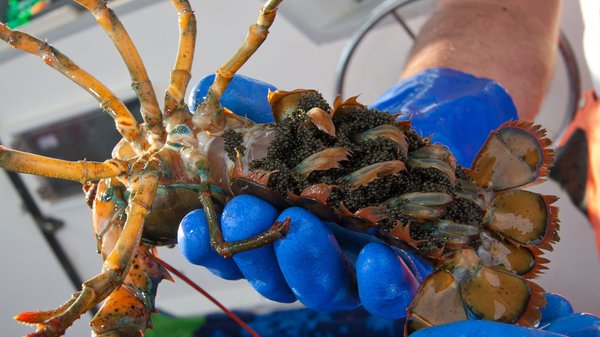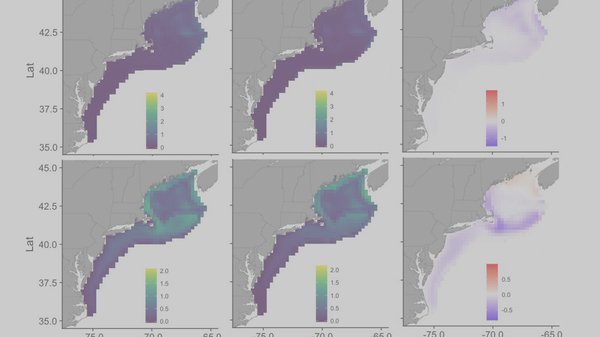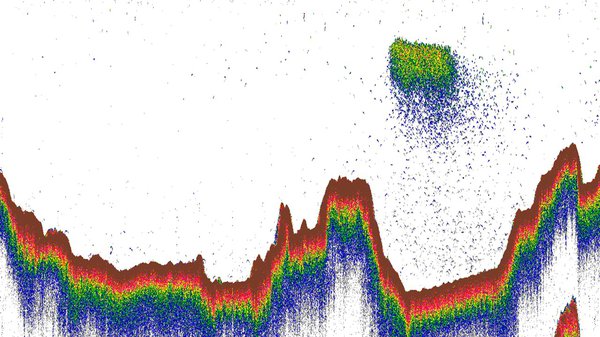Gulf of Maine, Explained: Marine Biodiversity
Gulf of Maine, Explained | Oct 17, 2023
In this edition of Gulf of Maine, Explained, GMRI Quantitative Research Associate and fishery science expert Jerelle Jesse explains marine biodiversity, and how she uses it as a research tool.
In this edition of Gulf of Maine, Explained, GMRI Quantitative Research Associate and fishery science expert Jerelle Jesse explains marine biodiversity, and how she uses it as a research tool. She explains that marine biodiversity encompasses all living things in the ocean, from small planktonic organisms to seaweed to larger species like bluefin tuna.
Jerelle's role involves collecting data from organizations like the Maine Department of Marine Resources to calculate various metrics like species richness and species evenness to establish marine biodiversity levels in our region.
Over the last 20 years, she's identified decreasing species richness and evenness trends over that time in the region covered by the Maine-New Hampshire trawl survey. That means that in the last 20 years, we are now seeing fewer unique species in that region, as well as bigger differences in population levels between the species that we are seeing.
To understand the causes of these changes, Jerelle looked into climate change as a potential driver. By comparing water temperature trends with her biodiversity calculations, she discovered that water temperature is indeed a contributing factor to changes in marine biodiversity.
Increased marine biodiversity is reflective of a healthy marine ecosystem, which makes understanding why marine biodiversity in our region is decreasing a crucial step towards better managed marine resources.
-
We study ecosystems and biodiversity in many different ways.
Across the organization, we work to better understand how ecosystems and marine biodiversity are impacted by things like changing climate. What we learn informs decision-makers who manage these dynamic systems.
-
![Using telemetry and eDNA to quantify marine biodiversity]() Using telemetry and eDNA to quantify marine biodiversity
Using telemetry and eDNA to quantify marine biodiversity
-
![Casco Bay Aquatic Systems Survey (CBASS)]() Casco Bay Aquatic Systems Survey (CBASS)
Casco Bay Aquatic Systems Survey (CBASS)
-
![Crossing Boundaries: Understanding and Projecting Species Distribution Shifts in U. S. and Canadian Waters]() Crossing Boundaries: Understanding and Projecting Species Distribution Shifts in U. S. and Canadian Waters
Crossing Boundaries: Understanding and Projecting Species Distribution Shifts in U. S. and Canadian Waters
-
![Understanding Climate Impacts on the Maine Coastal Fish and Invertebrate Community]() Understanding Climate Impacts on the Maine Coastal Fish and Invertebrate Community
Understanding Climate Impacts on the Maine Coastal Fish and Invertebrate Community
-
![Improving Lobster Distribution Models]() Improving Lobster Distribution Models
Improving Lobster Distribution Models
-
![Ecosystem Impacts of Warming]() Ecosystem Impacts of Warming
Ecosystem Impacts of Warming
-
![Environmental DNA Validation]() Environmental DNA Validation
Environmental DNA Validation
Gulf of Maine, Explained
In our video series, The Gulf of Maine, Explained, you’ll learn more about important-but-unfamiliar concepts related to our work. We’ll cover commercial fishing, fisheries research, sustainable seafood, education, and more. While we probably won’t answer all your questions in one short video, we hope to spark your curiosity about complicated issues that are central to our mission.
Read More
-
![Gulf of Maine, Explained: Salmon Scales]()
Gulf of Maine, Explained: Salmon Scales
GMRI Quantitative Research Associate Miguel Barajas, a member of our Integrated Systems Ecology Lab, led by Dr. Kathy Mills, explains how he uses the scales …
Gulf of Maine, Explained
-
![Gulf of Maine, Explained: Causes & Impacts of Rapid Warming]()
Gulf of Maine, Explained: Causes & Impacts of Rapid Warming
In this Gulf of Maine, Explained video, GMRI Climate Center Director Dr. Dave Reidmiller explains why the Gulf of Maine is warming faster than most …
Gulf of Maine, Explained
-
![Gulf of Maine, Explained: Sustainable Seafood]()
Gulf of Maine, Explained: Sustainable Seafood
In this Gulf of Maine, Explained video, GMRI Sustainable Seafood Director Kyle Foley highlights the abundance of delicious seafood from the Gulf of Maine, outlines …
Gulf of Maine, Explained
-
![Gulf of Maine, Explained: Bluefin Tuna]()
Gulf of Maine, Explained: Bluefin Tuna
Dr. Walt Golet studies the populations and life histories of many species of fish, but if you ask him, he'll tell you bluefin tuna are …
Gulf of Maine, Explained
